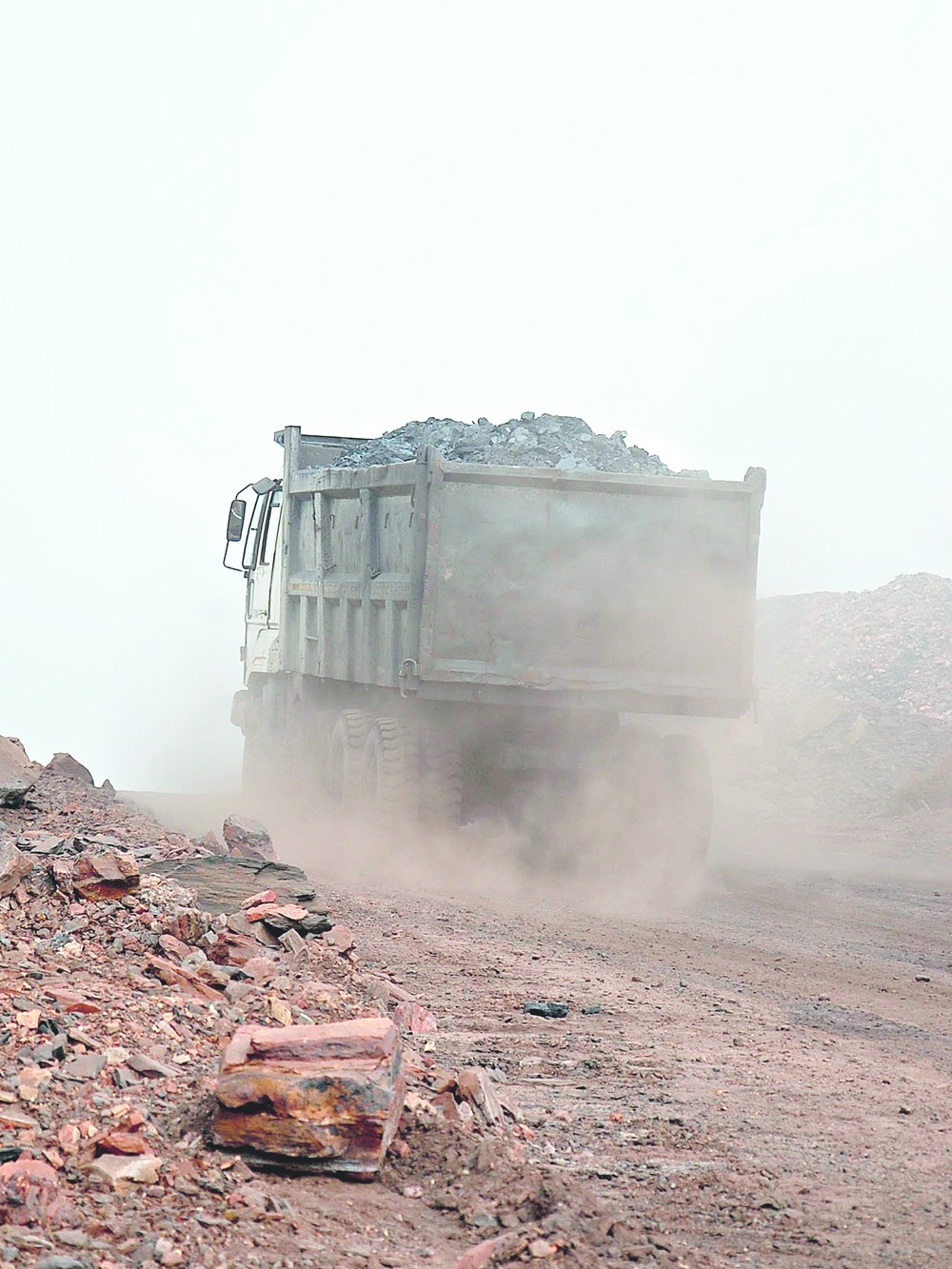
Come 2016, and Dhanbad will be able to accurately measure right at home how polluted it is instead of taking its air, water and soil samples to capital Ranchi.
Central Mine Planning Design Institute Ltd (CMPDIL), a subsidiary of Coal India, has set up a cutting-edge environment lab at its Koylanagar office to monitor air, water and soil pollution across 103 BCCL collieries in the district.
Chairman-cum-managing director of CMPDIL A.K. Debnath will inaugurate it on December 28.
So far, air, water and soil samples were sent for monitoring to the Ranchi lab of CMPDIL, a time-taking exercise.
Now, the state-of-the-art lab at the top floor of the six-storey CMPDIL building will test samples in the district itself.
Pollution levels of colliery areas across the district will be monitored at the lab with a host of gadgets including oil and grease, gas and water samplers, pH meter, incubator, filtration assembly, autoclave, laminator flow, among others.
A tender worth Rs 9.09 lakh for the supply of 36 gadgets has been issued by CMPDIL on December 8.
Sinha said lab basics were in place but the facility would be fully functional only after all the equipment arrived in February-March 2016.
"The new lab will help us carry out sampling and analysis of air, water and soil to assess pollution levels at 103 collieries of BCCL that are divided into 17 clusters. Half-yearly report of sampling and other indicators are to be sent by BCCL to the MoEF regional office at Ranchi and central and state pollution control boards regularly to retain environmental clearance," he said.
Most BCCL mines are over 100 years old, and were launched by private owners at a time when environment norms were unheard of.
The situation started to change after nationalisation of coal mines in 1972, with BCCL overtaking mines.
In 1986, The Environment Protection Act made it mandatory for all mines to get environment clearance (EC). But, environment impact assessment notification in 1994 exempted old mines from EC. Thus, all BCCL mines in the coal capital, being old, got exempted. In 2006, The Environment Protection (Amendment) Act, again made it mandatory for all mines to take EC but gave time till 2009 to old ones for the clearance.
BCCL, which divided its 103 mines into 17 clusters, has been obtaining clearance from the ministry since 2011 onwards for its mines and eight washeries.
Welcoming the lab, regional officer of Jharkhand State Pollution Control Board (JSPCB) Dinesh Prasad Singh said though ambient air quality monitoring systems had been operating across different parts of Dhanbad, the new facility would help carry out water and soil tests as well.











